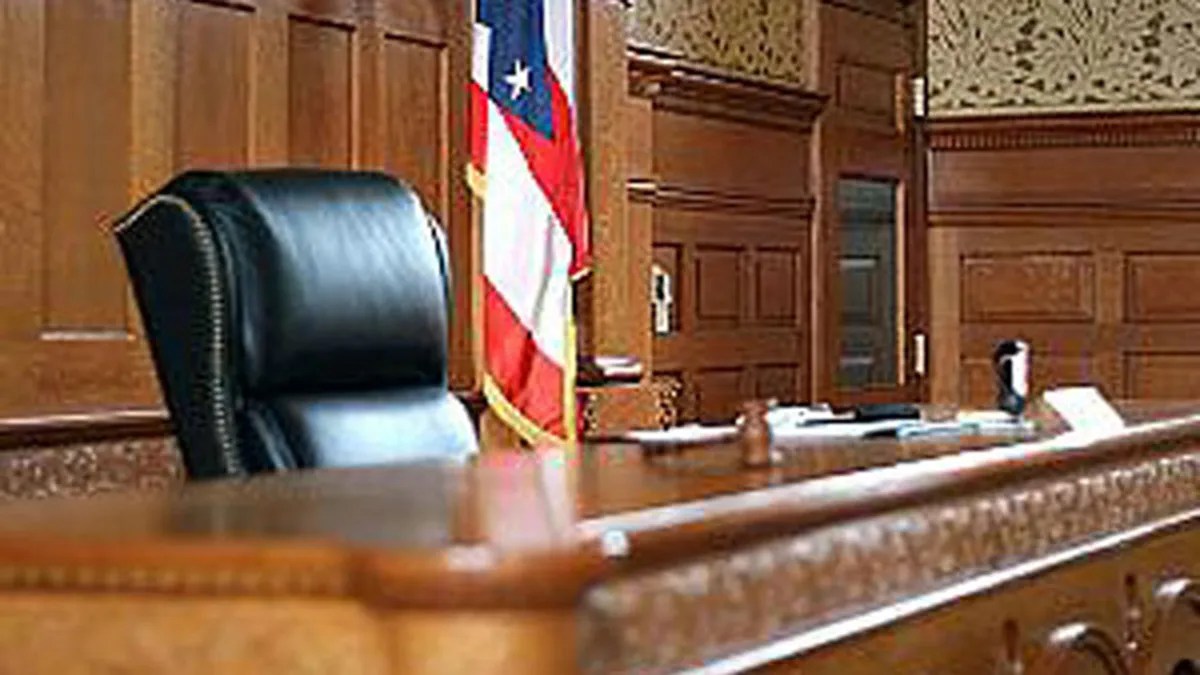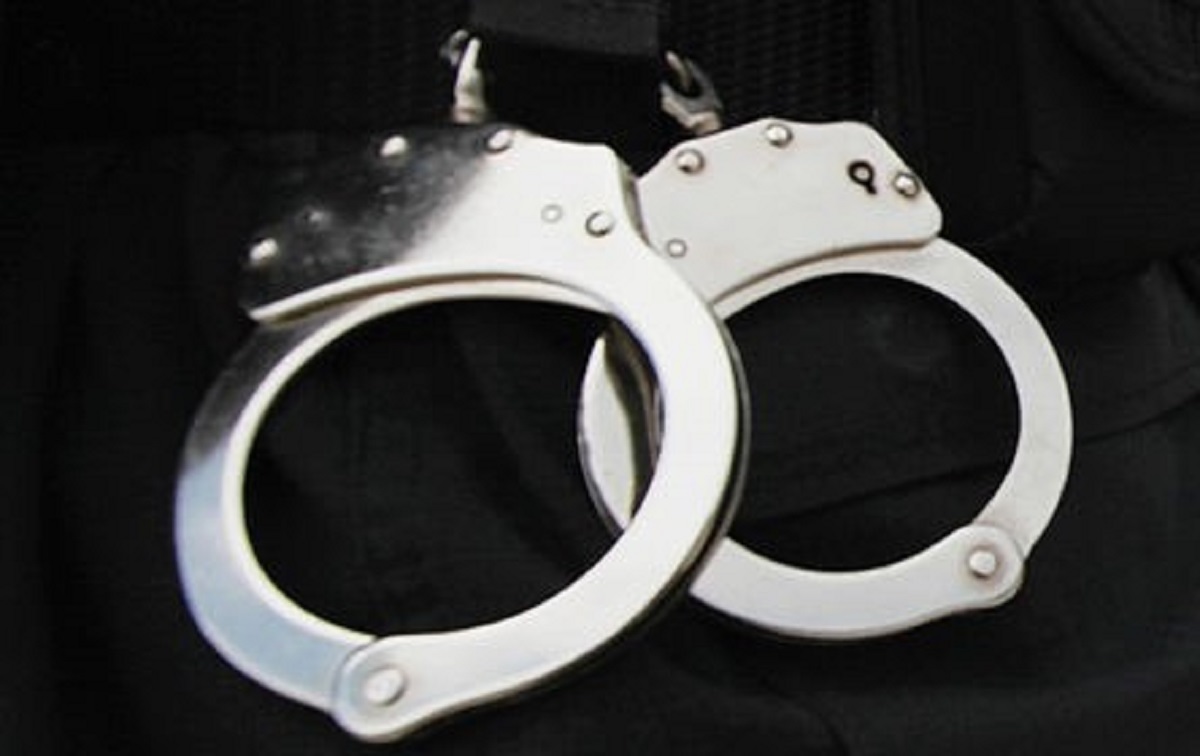What to Know
- NJ Gov. Phil Murphy says he can't sign the Legislature's $36.5 billion budget because it relies on what he calls unsustainable revenue
- He says the plan leaves a $104 million deficit, but lawmakers dispute that and say they project a less than $700 million surplus
- Murphy stopped short of vetoing the budget ahead of Saturday's deadline
New Jersey Gov. Phil Murphy said Monday he cannot sign the Legislature's $36.5 billion budget because it relies on what he calls unsustainable revenue.
It was the first time the Democratic governor said he had reviewed the Democratic-led Legislature's spending blueprint since lawmakers sent it to him on Thursday, and just days ahead of a Saturday deadline to keep state government funded.
Murphy, a freshman governor and former Wall Street executive, and Assembly Speaker Craig Coughlin and Senate President Steve Sweeney remain locked in a dispute over how to keep government funded, clashing mostly over which taxes to hike and by how much.
Despite Murphy's disagreement with the legislative spending plan, he stopped short of vetoing the budget and said during a news conference alongside dozens of supporters that he was considering all of the options at his disposal.
Continuing a line of attack he used last week, he invoked his Republican predecessor, Chris Christie, and said the budget on his desk would leave a $104 million deficit.
"Even Gov. Christie never signed a budget with a surplus under $300 million," Murphy said.
Local
The Democratic-led government largely agrees on spending, but disagrees when it comes to paying for it, and how much those taxes bring in.
Murphy wants to increase taxes by roughly $1.6 billion, mostly by raising rates on incomes over $1 million from 8.97 percent to 10.75 percent. He also wants to increase the sales tax from 6.625 percent to 7 percent, where it was before a 2016 deal with Christie that lowered it while hiking the gas tax.
Lawmakers instead sent Murphy a plan that raises about $1 billion in taxes, mostly by hiking taxes from 9 percent to 11.5 percent on businesses that make between $1 million and $25 million. On businesses that make over $25 million, the rate would go from 9 percent to 13 percent, the highest business tax in the country, over Iowa's at 12 percent, though the provision would phase out in two years.
They also are calling for audits and a tax amnesty and on Monday Coughlin defended the lawmakers' budget, calling the revenues "stable."
Murphy said he disagrees with lawmakers' figures and projects their budget would leave a $104 million deficit.



